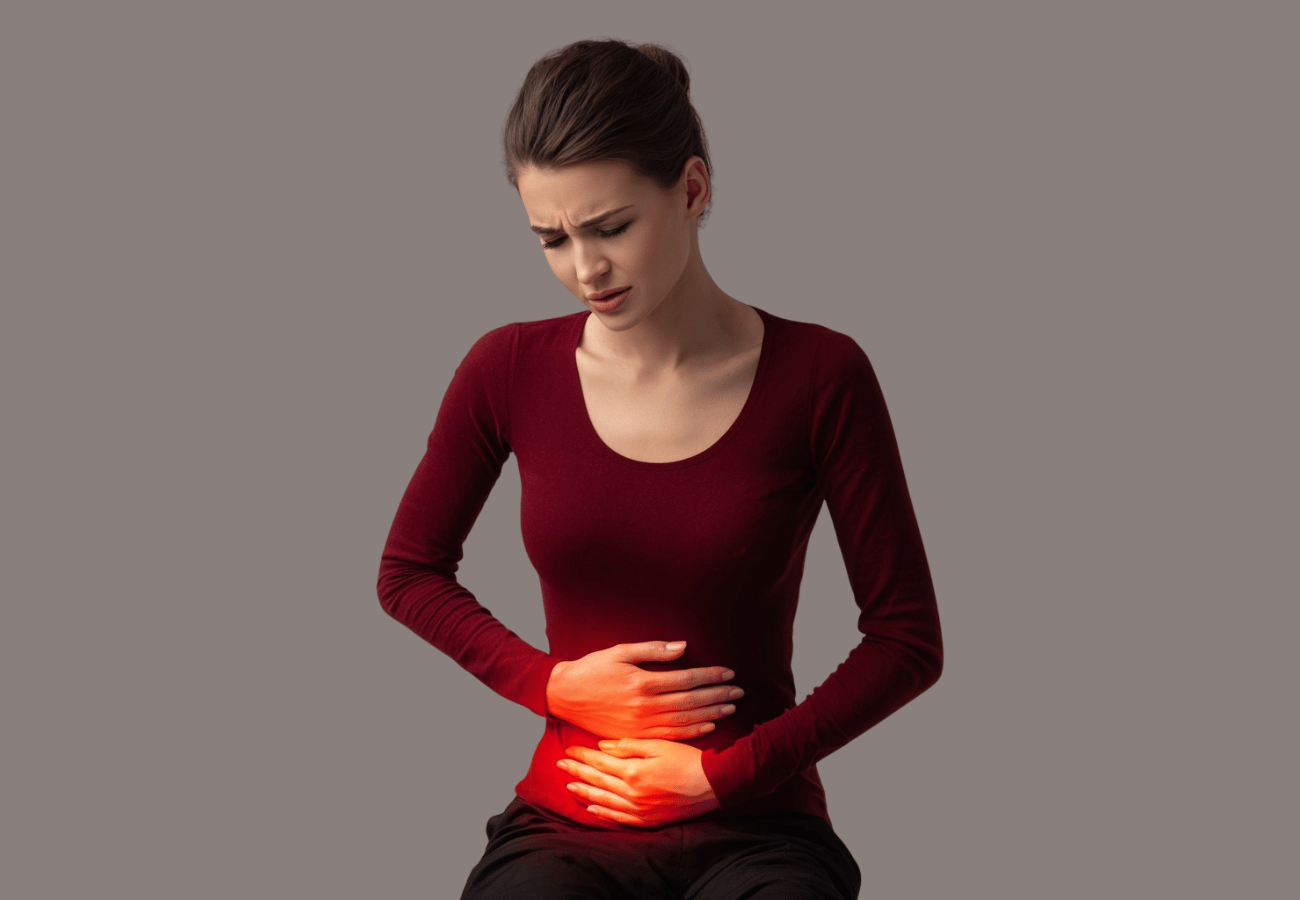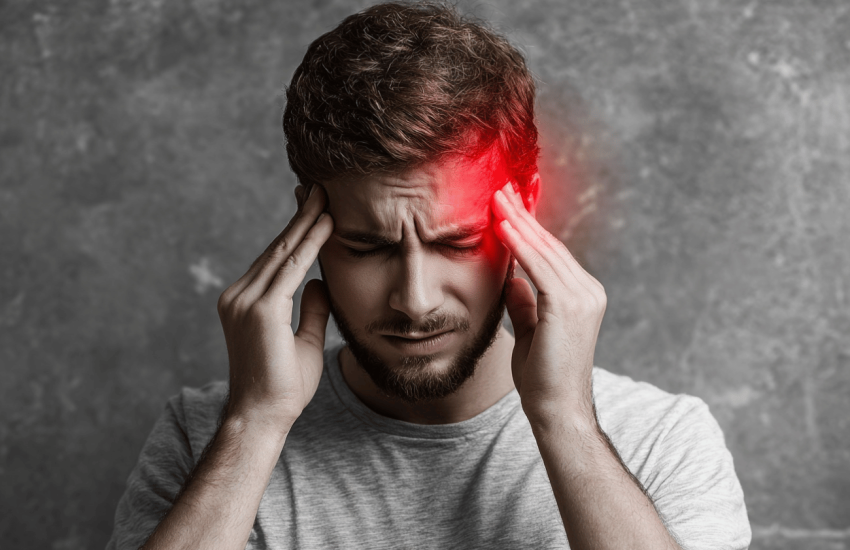Unusual Signs of Colon Cancer People Ignore for Years
Meta Description: Discover hidden colon cancer symptoms often overlooked for years. Learn early warning signs, prevention tips, and when to see a doctor for digestive health.
Introduction: The Silent Threat Hiding in Plain Sight
Colon cancer doesn’t always announce itself with obvious symptoms. While many people associate cancer with severe, unmistakable signs, colorectal cancer often begins quietly, presenting subtle warnings that are easy to dismiss as minor digestive issues or signs of aging. This silent nature is precisely what makes colon cancer the third most common cancer diagnosed in both men and women in the United States.
What’s particularly concerning is that many individuals ignore early signs of colon cancer for years, attributing them to stress, dietary changes, or hemorrhoids. By the time more serious symptoms appear, the disease may have progressed to advanced stages, making treatment more challenging. Understanding these unusual and often overlooked warning signs could be lifesaving.
In this comprehensive guide, we’ll explore the hidden symptoms of colon cancer that people frequently ignore, explain why early detection matters, and provide practical prevention strategies to protect your digestive health. Whether you’re experiencing mysterious symptoms or simply want to stay informed about cancer awareness, this article will equip you with the knowledge you need.
Understanding Colon Cancer: What You Need to Know
Colon cancer, also known as colorectal cancer when it includes rectal cancer, develops in the large intestine or rectum. It typically begins as small, benign clumps of cells called polyps that form on the inner lining of the colon. Over time, some of these polyps can become cancerous.
The disease progresses through several stages, from localized growth to potential spread to lymph nodes and other organs. The survival rate is significantly higher when colon cancer is detected early, with a five-year survival rate exceeding 90% for localized cases. However, this rate drops considerably once the cancer spreads beyond the colon.
Several factors increase the risk of developing colon cancer, including age (most cases occur after 50), family history, inflammatory bowel diseases like Crohn’s disease or ulcerative colitis, sedentary lifestyle, obesity, smoking, heavy alcohol consumption, and a diet high in red and processed meats.
Unusual Colon Cancer Symptoms Often Dismissed
Persistent Changes in Bowel Habits
One of the most commonly ignored bowel cancer signs is a lasting change in bowel habits. While everyone experiences occasional digestive upset, persistent alterations lasting more than a few weeks warrant attention.
These changes might include chronic diarrhea or constipation that doesn’t respond to dietary adjustments or over-the-counter remedies. Some people notice their stools have become consistently narrower than usual, sometimes described as “pencil-thin.” This can occur when a tumor in the colon obstructs the normal passage of waste.
Others experience a constant feeling that their bowel hasn’t completely emptied, even immediately after a bowel movement. This sensation, called tenesmus, happens when tumors in the rectum or lower colon create false signals.
Many individuals dismiss these symptoms as irritable bowel syndrome, stress-related digestive issues, or dietary intolerances. While those conditions are certainly possible, persistent bowel changes should always be evaluated by a healthcare professional.
Unexplained Fatigue and Weakness
Chronic fatigue is perhaps one of the most overlooked colon cancer warning signs because it’s so common and can stem from countless causes. However, the fatigue associated with colorectal cancer symptoms has distinct characteristics.
This isn’t the tiredness you feel after a busy day or poor night’s sleep. It’s a profound, persistent exhaustion that doesn’t improve with rest. You might feel drained even after sleeping well, struggle to complete everyday tasks, or notice a significant decrease in your exercise tolerance.
The fatigue often results from chronic blood loss in the digestive tract, leading to iron-deficiency anemia. Tumors can bleed slowly and intermittently, causing gradual blood loss that doesn’t produce visible symptoms but depletes your body’s iron stores over time. Without adequate iron, your body can’t produce enough healthy red blood cells to carry oxygen efficiently, resulting in weakness, dizziness, and shortness of breath.
Many people attribute this fatigue to aging, stress, or busy lifestyles, waiting months or even years before seeking medical evaluation.
Unexplained Weight Loss
Losing weight without trying might sound like a dream to some, but unintentional weight loss is a red flag for various health conditions, including colon cancer.
When cancer develops, it can affect your body’s metabolism and appetite in several ways. Tumors consume nutrients and energy, altering how your body processes food. Cancer cells also release substances that can suppress appetite and accelerate metabolism, causing weight loss despite normal eating habits.
Additionally, colon tumors can cause partial bowel obstruction, leading to decreased appetite, early satiety (feeling full quickly), or nausea after eating. Some people unconsciously eat less because they associate meals with discomfort.
If you’ve lost more than 5% of your body weight over six months without dietary changes or increased physical activity, consult your doctor. This is particularly important if the weight loss accompanies other digestive symptoms.
Abdominal Discomfort and Bloating
Vague stomach pain and cancer are often connected, yet many people endure months or years of discomfort before seeking help. Colon cancer can cause various types of abdominal pain, from mild cramping to severe, persistent aches.
The pain might be localized to one area or move around. Some people describe a constant feeling of fullness, bloating, or gas that doesn’t resolve with typical remedies. Others experience intermittent sharp pains or cramping, especially after eating.
These symptoms occur because tumors can partially obstruct the colon, causing gas and stool to build up behind the blockage. As the intestines try to push contents through the narrowed passage, they create pressure and discomfort.
Many individuals attribute these symptoms to gas, indigestion, or food sensitivities, trying various over-the-counter medications or dietary changes without consulting a physician. While these remedies might provide temporary relief, they mask underlying issues rather than addressing them.
Blood in Stool (Visible or Hidden)
Blood in the stool is one of the most alarming yet frequently ignored early signs of colon cancer. It can appear in several ways, and not all are immediately obvious.
Bright red blood might appear on toilet paper, in the toilet bowl, or coating the stool. This typically indicates bleeding from the lower colon or rectum. Dark, tarry stools suggest bleeding higher in the digestive tract, with the blood being digested as it passes through.
However, blood in the stool isn’t always visible to the naked eye. Microscopic bleeding, called occult blood, can only be detected through specific tests. This hidden bleeding contributes to anemia and fatigue without producing obvious visual symptoms.
Many people dismiss blood in their stool as hemorrhoids, which are indeed common and often harmless. While hemorrhoids are a frequent cause of rectal bleeding, it’s crucial to rule out more serious conditions. Never assume rectal bleeding is benign without proper medical evaluation, especially if it’s persistent or accompanied by other symptoms.
Chronic Iron-Deficiency Anemia
Anemia resulting from chronic blood loss deserves special attention as a hidden symptom of colon cancer. Many people discover they have anemia during routine blood work for unrelated reasons, never suspecting cancer as the underlying cause.
Iron-deficiency anemia develops gradually as slow, persistent bleeding from colon tumors depletes iron stores. Symptoms include unusual tiredness, pale skin, cold hands and feet, brittle nails, rapid heartbeat, and lightheadedness.
If blood tests reveal unexplained iron-deficiency anemia, particularly in men or postmenopausal women who shouldn’t be losing blood through menstruation, doctors should investigate potential gastrointestinal bleeding sources, including colon cancer screening.
Why These Symptoms Are Ignored
Understanding why people overlook colon cancer warning signs is crucial for promoting earlier detection and better cancer awareness.
Attribution to Common Conditions: Many colorectal cancer symptoms mimic common, benign digestive problems. Constipation, diarrhea, gas, and bloating are everyday complaints that most people experience periodically. This overlap makes it easy to dismiss serious symptoms as temporary digestive upset.
Gradual Onset: Colon cancer typically develops slowly, with symptoms appearing gradually and worsening over time. This slow progression allows people to adapt and normalize changes that should raise concern. What seems manageable one month becomes the “new normal” over time.
Embarrassment: Digestive issues remain a taboo topic for many people. Discussing bowel habits, rectal bleeding, or abdominal discomfort feels uncomfortable or embarrassing, leading some to avoid medical consultations until symptoms become unbearable.
Age Assumptions: Younger adults often believe cancer only affects older people, causing them to dismiss concerning symptoms. While colon cancer risk increases with age, rates among adults under 50 have been rising in recent years, making awareness crucial across all age groups.
Fear of Diagnosis: Some people avoid seeking medical help because they fear what doctors might find. This avoidance can delay diagnosis and treatment, ultimately leading to worse outcomes.
Prevention Strategies for Colorectal Cancer
While not all colon cancers are preventable, adopting healthy lifestyle habits can significantly reduce your risk.
Dietary Approaches
Your diet plays a crucial role in digestive health and cancer prevention. Focus on:
Increasing Fiber Intake: High-fiber foods, including whole grains, fruits, vegetables, and legumes, promote healthy digestion and may reduce colon cancer risk. Fiber helps move waste through the digestive system efficiently, potentially reducing exposure to harmful substances.
Limiting Red and Processed Meats: Studies link high consumption of red meat and processed meats like bacon, sausages, and deli meats to increased colorectal cancer risk. Consider replacing some meat-based meals with fish, poultry, or plant-based proteins.
Eating Colorful Vegetables: Cruciferous vegetables like broccoli, cauliflower, and Brussels sprouts contain compounds that may protect against cancer. Aim for a rainbow of vegetables to maximize nutrient diversity.
Staying Hydrated: Adequate water intake supports digestive health and helps maintain regular bowel movements, potentially reducing cancer risk.
Lifestyle Modifications
Beyond diet, several lifestyle factors influence colon cancer risk:
Regular Physical Activity: Exercise reduces colon cancer risk by promoting healthy digestion, maintaining healthy weight, and reducing inflammation. Aim for at least 150 minutes of moderate-intensity activity weekly.
Maintaining Healthy Weight: Obesity increases colorectal cancer risk. Achieving and maintaining a healthy body weight through balanced nutrition and regular exercise provides protective benefits.
Limiting Alcohol: Heavy alcohol consumption is linked to increased colon cancer risk. If you drink, do so in moderation—no more than one drink daily for women and two for men.
Avoiding Tobacco: Smoking significantly increases cancer risk throughout the body, including the colon. Quitting smoking at any age provides health benefits and reduces cancer risk.
Screening Recommendations
Regular screening is the most effective strategy for preventing colon cancer deaths. Screening can detect precancerous polyps that can be removed before they become cancerous.
Guidelines recommend that average-risk individuals begin screening at age 45. Those with family history or other risk factors may need to start earlier. Several screening options exist, including colonoscopy (every 10 years), flexible sigmoidoscopy (every 5 years), CT colonography (every 5 years), and stool-based tests (annually or every 1-3 years depending on the type).
Colonoscopy remains the gold standard because it allows doctors to visualize the entire colon and remove polyps during the procedure. Don’t let fear or inconvenience prevent you from getting screened—early detection saves lives.
Natural Remedies and Supportive Care
While natural remedies cannot cure colon cancer, certain approaches may support digestive health and complement conventional cancer prevention strategies:
Probiotics: These beneficial bacteria support gut health and may help maintain a healthy digestive system. Fermented foods like yogurt, kefir, sauerkraut, and kimchi provide natural probiotics.
Turmeric: This spice contains curcumin, a compound with anti-inflammatory properties. Some research suggests it may have cancer-preventive effects, though more studies are needed. Consider adding turmeric to foods or drinking turmeric tea.
Green Tea: Rich in antioxidants called catechins, green tea has been studied for potential cancer-preventive properties. Drinking 2-3 cups daily may offer health benefits.
Omega-3 Fatty Acids: Found in fatty fish, flaxseeds, and walnuts, omega-3s reduce inflammation and may support colon health.
Stress Management: Chronic stress negatively impacts digestive health. Practices like meditation, yoga, deep breathing, and adequate sleep support overall wellness and digestive function.
Always consult healthcare providers before starting supplements or natural remedies, especially if you have existing health conditions or take medications.
When to See a Doctor
Knowing when to seek medical attention is crucial for early detection. Schedule an appointment if you experience:
- Blood in your stool or black, tarry stools
- Persistent changes in bowel habits lasting more than two weeks
- Unexplained weight loss of 5% or more
- Chronic abdominal pain, cramping, or bloating
- Persistent fatigue that doesn’t improve with rest
- Iron-deficiency anemia without obvious cause
- A constant feeling that your bowel hasn’t emptied completely
Even if your symptoms seem minor, trust your instincts. You know your body best. If something feels wrong or different, don’t hesitate to consult a healthcare professional. Early detection dramatically improves treatment outcomes and survival rates.
If you have risk factors like family history of colon cancer or inflammatory bowel disease, discuss appropriate screening schedules with your doctor, even if you don’t have symptoms.
Conclusion: Listen to Your Body
Colon cancer is one of the most preventable and treatable cancers when detected early, yet thousands of lives are lost each year because warning signs go unrecognized or ignored. The unusual symptoms we’ve discussed—persistent bowel changes, unexplained fatigue, unintentional weight loss, abdominal discomfort, blood in stool, and chronic anemia—are your body’s way of signaling that something requires attention.



